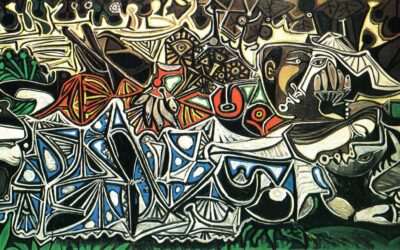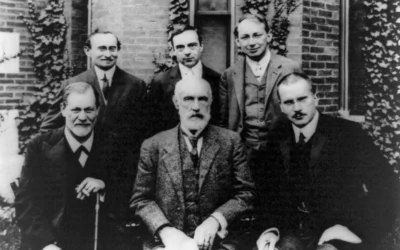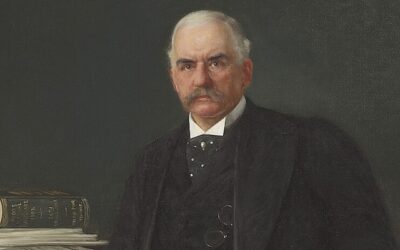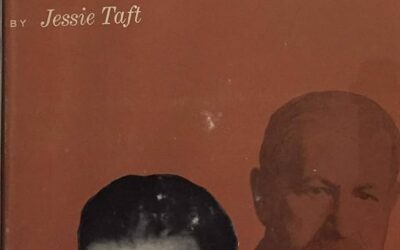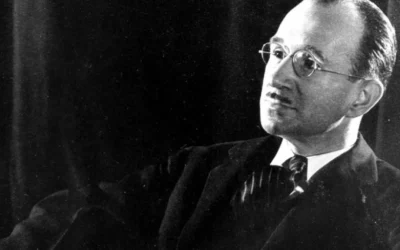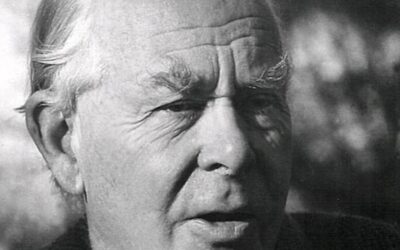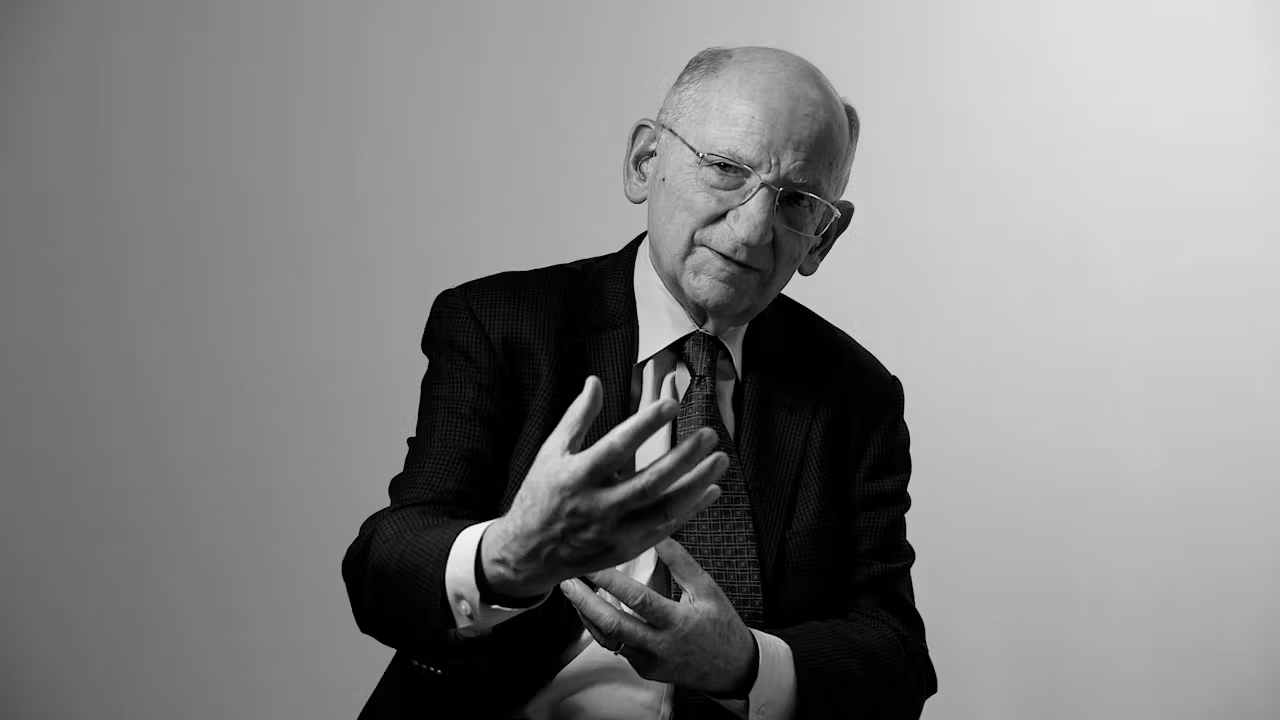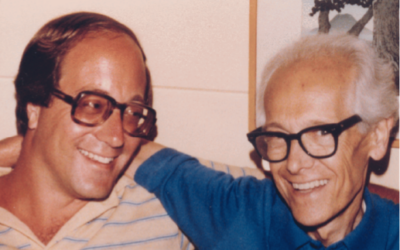Anthropological Insights into Modern Psychotherapy Throughout human history and across cultures, rituals and storytelling have played a central role in addressing psychological ailments and facilitating healing. While modern psychotherapy can seem like a far cry from the traditional practices of shamans and healers, a closer examination reveals intriguing parallels in how both employ symbols, narrative, and community to treat mental illness and restore well-being. At their core, healing rituals and psychotherapy...
Myth, Meaning, and the Self: The Role of Archetypes Across Cultures
What Are Myths? How to use Mythology in Therapy? Myths are not just entertaining stories - they are powerful narratives that shape how we understand ourselves and navigate the world. At the heart of mythic tales are archetypes, the universal patterns of human behavior and experience that transcend cultures and time periods (Jung, 1980). By connecting us to something greater than our individual egos, archetypes imbue our lives with deeper meaning and purpose. This article will explore how archetypes from different...
Sacred Spaces in Therapy and Culture: Creating Environments for Healing
Across cultures and throughout history, humans have created sacred spaces for healing, ritual, and spiritual growth. From ancient temples to modern meditation rooms, these environments are imbued with a special quality that fosters safety, insight, and transformation. As philosopher Mircea Eliade (1959) observes, sacred spaces are "hierophanies" where the divine breaks through into the profane world, revealing a deeper order of reality. This article will explore how different cultures create sacred healing spaces...
The Object Relations Theory of Ronald Fairbairn:
A New Paradigm for Understanding the Self "The ultimate aim of the self is to be itself in relation to objects which are themselves." 1. Who was Ronald Fairbairn Ronald Fairbairn (1889-1964) was a Scottish psychoanalyst who played a pivotal role in the development of object relations theory. Diverging from classical Freudian drive theory, Fairbairn proposed a new model of the psyche centered on the individual's relationships with real and internalized others. His innovative concepts of the endopsychic structure,...
Otto Rank: Pioneer of Birth Trauma Theory and the Will in Psychoanalysis
Who was Otto Rank? Otto Rank (1884-1939) stands as one of the most innovative and controversial figures in the history of psychoanalysis. Rising from humble beginnings in Vienna to become one of Freud's closest collaborators, Rank ultimately developed his own distinctive therapeutic approach that emphasized birth trauma, creativity, and the human will. His theoretical departures from orthodox psychoanalysis, while initially met with hostility, have proven remarkably prescient, influencing humanistic psychology,...
The Evolution of Psychoanalytic Thought: From Freud’s Drive Theory to Contemporary Relational Models
The Evolution of Psychoanalytic Thought: From Freud's Drive Theory to Contemporary Relational Models What is Psychoanalysis like Now? Psychoanalysis, the field founded by Sigmund Freud in the late 19th century, has undergone a remarkable evolution over the past 100+ years. Far from being a fixed set of doctrines, psychoanalytic theory has been characterized by ongoing revision, expansion, and at times outright repudiation of earlier ideas. This paper traces this complex evolution, arguing that while...
The Interpersonal Theory of Psychiatry: Harry Stack Sullivan’s Vision of the Social Self
Who Was Harry Stack Sullivan? "We are all much more simply human than otherwise." - Harry Stack Sullivan The Revolutionary Vision of Harry Stack Sullivan Harry Stack Sullivan (1892-1949) emerged as one of the most innovative and influential psychiatrists of the twentieth century, fundamentally transforming our understanding of human personality and mental illness. His interpersonal theory of psychiatry represented a radical departure from the intrapsychic focus of traditional psychoanalysis, emphasizing instead...
John Bowlby and Attachment Theory: Revolutionizing Our Understanding of Human Relationships
Who was John Bowlby? "What cannot be communicated to the mother cannot be communicated to the self." - John Bowlby John Bowlby (1907-1990) stands as one of the most influential psychologists of the twentieth century, fundamentally transforming our understanding of human relationships, emotional development, and mental health. His attachment theory, developed through careful observation and innovative thinking, challenged the prevailing psychoanalytic dogma of his time and created a new paradigm for understanding...
Psychoanalytic Contributions of Otto Kernberg:
Bridging Object Relations and Clinical Innovation Who was Otto Kernberg? "The integration of love and aggression within the context of internalized object relations represents the core psychological task in personality development. When this integration fails, primitive defensive operations predominate, leading to the characteristic features of severe personality disorders." - Otto Kernberg Theoretical Foundations and Innovations Integration of Object Relations and Ego Psychology At the heart of Kernberg's...
The Self Psychology of Heinz Kohut: Revolutionizing Narcissism and the Psychology of the Self
Who was Heinz Kohut? "The most significant characteristic of human existence is neither biological drives nor unconscious wishes but rather the human need to have the self understood, validated, and supported by others." - Heinz Kohut The Revolutionary Vision of Heinz Kohut Heinz Kohut (1913-1981) emerged as one of the most innovative and influential psychoanalysts of the twentieth century, fundamentally transforming our understanding of narcissism, empathy, and the development of the self. His journey from...


